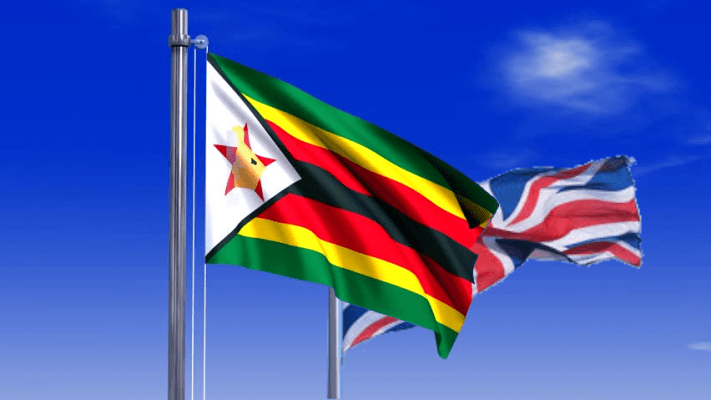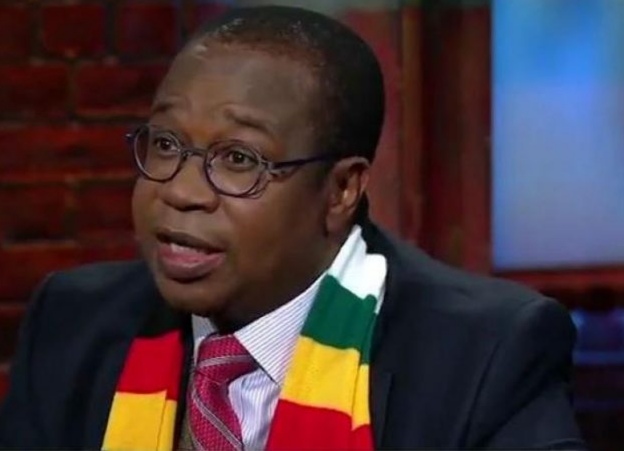$4,5t budget for 2023 unleashed
Themed “Accelerating Economic Transformation”, the Honourable Minister of Finance has delivered a $4,5 trillion budget that has gone some way in addressing expectations of the market which had anticipated and called for a pro poor budget.
As, result, it is not surprising that in his introductory remarks, the Honourable Minister indicated that “the budget seeks to accelerate economic transformation by prioritising education, health and social protection programmes to cater for the most vulnerable in society.”
Indeed reviews of the proposed budgetary allocations reveal a prioritisation of socially impactful expenditures. The following notable allocations were made:
Public Service, Labour and Social Welfare ($91,6 billion) for social protection programmes, such as BEAM, drought mitigation, harmonised cash transfers, as well as support towards people living with disability, among other social interventions;
Transport and Infrastructural Development ($144.6 billion) towards development of transport and transport related infrastructure such as roads, airports, railway and ports of entry.
Health and Child Care ($473,8 billion) for provision of health care services to citizens;
Primary and Secondary Education ($631,3 billion)) being the highest allocation to provide quality infant, junior and secondary education, with the bulk of the allocation going towards payment of salaries for teachers and other learning costs.
Higher and Tertiary Education, Innovation, Science and Technology Development, ($156,5 billion) mainly for development of a skilled and competent human capital.
The budget statement further lists important focus areas as below:
Priority Areas
Increased domestic production and productivity of products and services able to compete in the global value chains.
Promotion of significant structural shifts in production and productivity of key sectors of the economy, export diversification and graduation into more complex products.
The private sector led growth through exploiting the opportunities, including collaboration with state institutions to produce globally competitive strong local brands.
Overall the budget sets out a target deficit of 1,5 percent well in line with the SADC convergence threshold of 3 percent. It is projected to be financed through a combination of both domestic and foreign resource mobilisation initiatives to the tune of $575,5 billion.
Employment costs at $2,2 trillion or 52,4 percent of total expenditures in 2023, accounts for a large share of the expenditures, followed by use of goods and services at 17,5 percent and net acquisition of non-financial assets at 15,5 percent.
The Minister notably acknowledges the importance of the informal sector to the country’s economy:
“Given the critical role played by the informal sector as a source of income for the majority, the policy package during 2023 will also prioritise focused support services for this critical sector, targeting better access to finance, training and access to markets. The overall objective is to reduce barriers placed by formal institutions to their growth and formalisation”.
This lends credence for the need for the Government to further promote structural transformation and is evidenced in the proposed budget for 2023. The current positive structural economic transformation taking place across the different sectors of the economy and the thematic areas of NDS1 must be supported.
It is important that the dual achievements regarding Government finances and the external sector that have been relatively stable be maintained. The proposed budget goes a long way in sustaining the same. The following positives can be highlighted:
Positive Outcomes
Inflation
Government has set a month-on-month inflation target range of between 1 percent to 3 percent, and a fiscal budget deficit of not more than 1,5 percent of GDP during 2023.
Reserves
In order to boost national reserves and hence, strengthen the economy’s resilience against external shocks, Government promulgated Statutory Instrument 189 of 2022 which compels miners of gold, lithium, diamond and platinum to settle 50 percent of payable royalties due to Government through physical delivery of these commodities. The measures will buttress the country’s foreign currency reserves and sustain the current exchange rate stability by providing backing for the domestic currency.
Exchange Rate
Recent reduction in the gap between the official and parallel exchange rates have narrowed from above 500 percent between January and July 2022, to less than 15 percent currently, indicating convergence that engenders price stability going forward. (See graph above)
Strong External Sector performance
Secondary income inflows during the first half of 2022 buttressed a robust current account performance. This was itself buttressed by diaspora remittances at US$937 million.
Other socially-friendly measures
Government is in the process of compensating pensioners for losses incurred during the 2019 currency reforms. In this regard, following a dividend declaration by Kuvimba Mining House in 2021, a total of 3 547 pensioners from the first group of vulnerable pensioners have been paid US$100each, translating to a disbursement of US$354 700, out of the US$400 000 apportioned to the compensation as at September 30,2022.
Introduction of the Agriculture Insurance for Smallholder Farmers
The Government, in partnership with the International Finance Corporation (a member of the World Bank Group) is developing the agriculture insurance index based on insurance framework for smallholder farmers. The project commenced in early 2022, and is expected to run until June 2023. The expected project outcomes include the regulatory framework for agriculture index insurance, setting-up of knowledge exchange forums and developing capacity in agriculture index insurance, among other market development initiatives.
Financial Inclusion
In support of the country’s transformative inclusive economic growth agenda and enhancing shared economic prosperity, the Government has launched the National Financial Inclusion Strategy II (2022-2026), following the end of term completion of the first phase of the National Financial Inclusion Strategy (NFIS I) 2016-2020.
Negative Outcomes
Public Finances Developments
The 2022 National Budget was premised on total revenue collections of $850,8 billion (16,8percent of GDP), expenditures of $968,3 billion and a target budget deficit of $76,5 billion (1.5 percent of GDP). This was not achieved and necessitated a supplementary budget. The 2022 Supplementary Estimates of Expenditure, with annual revenue being revised to $1,74 trillion, while expenditures were increased to $1,9 trillion, resulting in a budget deficit of $157,5 billion way above original budget.
Expenditures
Cumulative expenditures for the first nine months of 2022 stood at $1,19 trillion, against a target of $1,02 trillion, representing an expenditure overrun of 173,9 billion. The over-expenditure was on account of higher expenditure on recurrent expenses at $900,8 billion, exceeding the target of $715,4 billion.
Public Debt
The country’s total Public and Publicly Guaranteed (PPG) debt is estimated at $2,2 trillion for domestic debt and US$14 billion for external debt (including blocked funds of US$3,1 billion) as at end September 2022. This went up although it is largely explained through exchange rate movements as 60 percent is in foreign currency.
This being the mid-term of the NDS! Implementation, the government is applauded for acknowledging and shifting the priorities towards the socially impactful measures. While at the top level fundamentals have been stabilised, it is important for the structural transformation of the economy to be moved in hast so as to touch the vulnerable levels of society. Apart from stabilising fundamentals, Government has clearly now adopted the dual responsibility of spreading the benefits to the socially vulnerable levels of the society.
Misheck is a former expatriate banker based in several SADC countries and currently works as a Corporate Advisory Services Consultant. He is the founder of Rucabel Investments Private Limited, an investment company based in Zimbabwe. He is the Vice President of the Zimbabwe Economics Society. He can be contacted on (263) 777052004/712808140; misheckugaro@hotmail.com; Linkedin: https://www.linkedin.com/in/misheckugaro; Twitter: @twitcagan.com-ebusinessweekly











